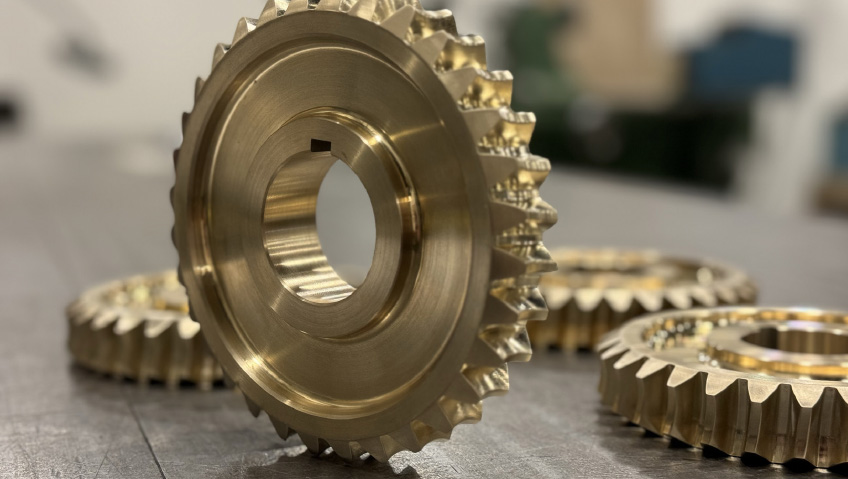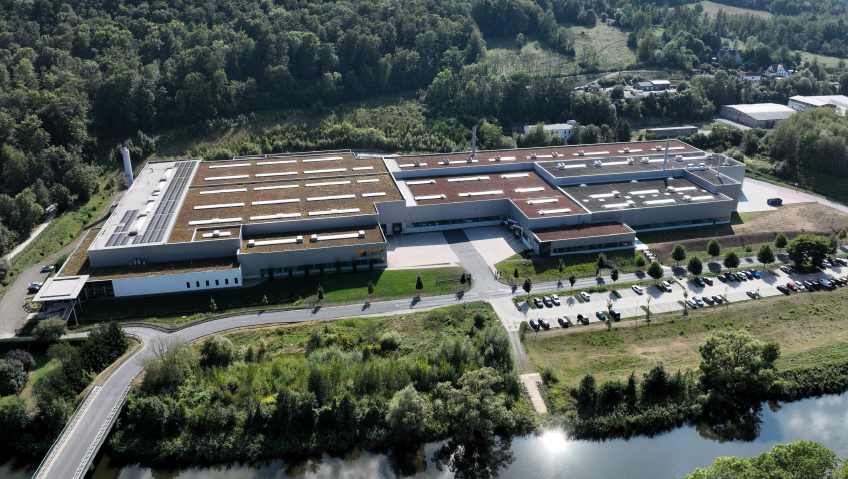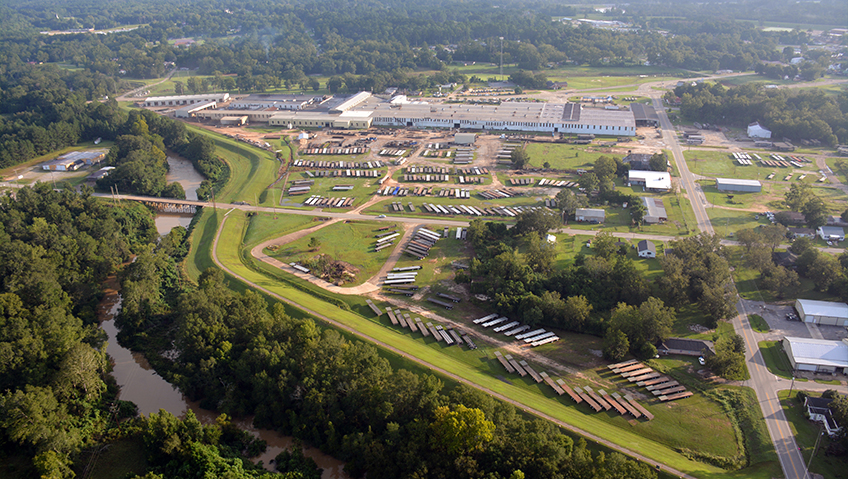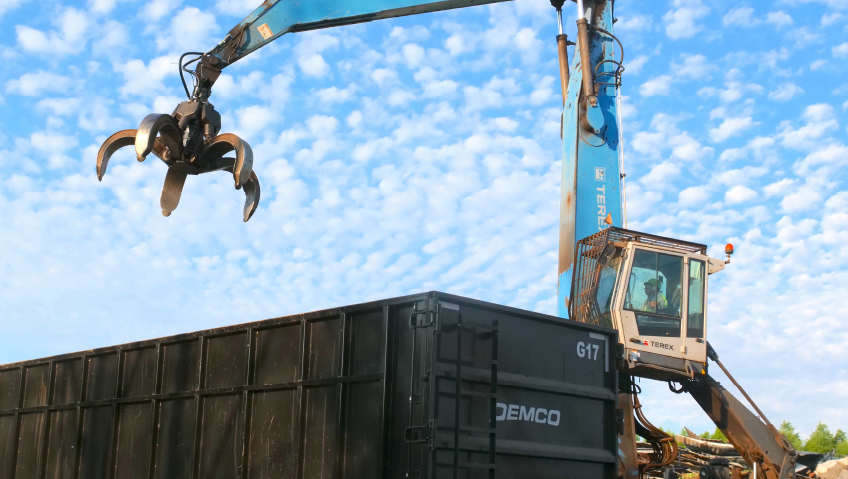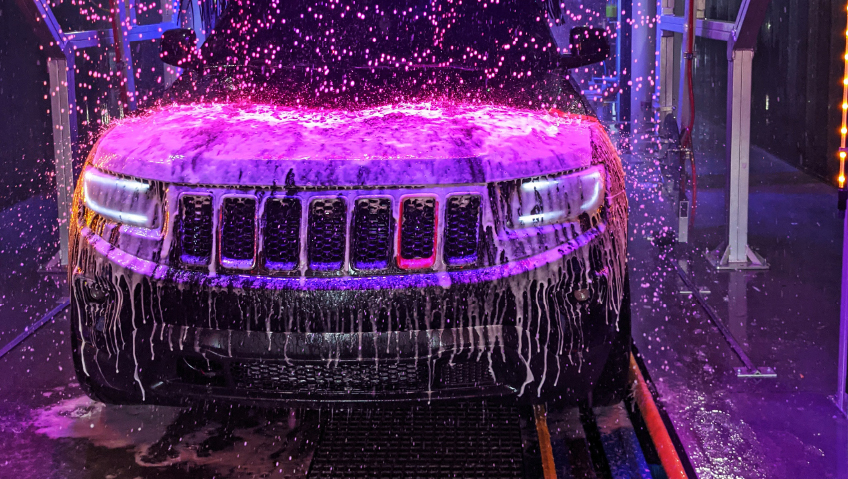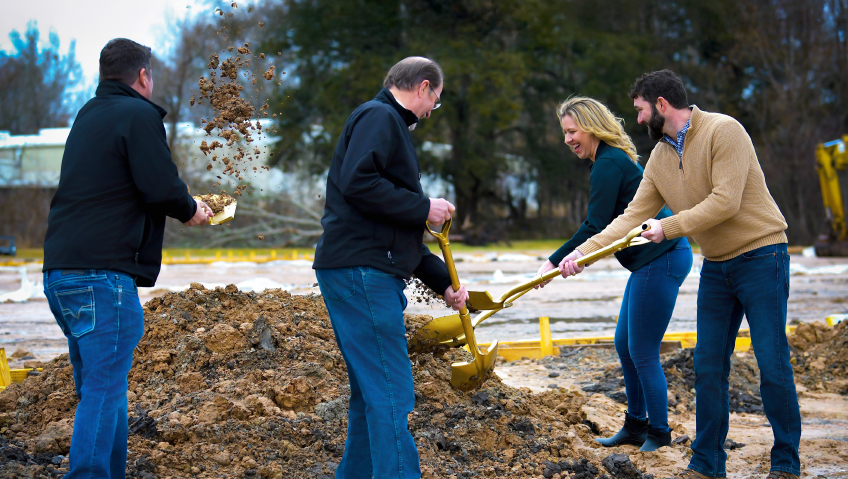Premier Gear & Machine Works, a family-run firm in Canby, Oregon, is on the upswing after enduring some tough times. Founded over a century ago, the company performs fabrication, machining, manufacturing, and wire electrical discharge machining (EDM). It also repairs motors, gearboxes, and wind turbine gears and services and sells machinery for wood processing.
“We’ve been through Great Depressions and Great Recessions. 2008 just about killed the place,” says Vice President Aaron Cole, great-nephew of the company founder. “We’ve built it back to where business is really good. We’re busy. We’ve got more work than we know what to do with and three times the people we had just a couple years ago.”
About half of Premier’s workload consists of gear manufacturing, while general machining—the company has a variety of lathes, computer numerical control (CNC) mills, and manual machine tools—gearbox work, fabrication, and wire EDM makes up the remainder. Aside from a few services, such as gear teeth grinding, which is subcontracted out, the work is self-performed. Projects are generally made to customer specifications, particularly when gears are involved.
“Most of our stuff is custom, one-off to two-off orders. We get into some production runs of 10 to 100 on smaller parts for people who are stocking up, but the vast majority of our work is custom,” says Cole.
Premier does sell some standard wares, primarily through its wood products division. The company has its own line of veneer lathes, for example, which peel logs into thin sheets of wood, which are stacked and glued together to make plywood as part of plywood manufacturing.
Complementing these goods and services, Premier can respond to emergencies around-the-clock, with afterhours calls directed to Cole.
If a client has “a crane that’s broken down or they need a gearbox repaired or something made, they can get a hold of me at any time,” he explains. “Any time somebody calls, if they need us to jump on something, I or another salesman go out and look at it, then call the guys and get them in and get going on it.”
While the company does not have ISO certification, it adheres to ISO protocols and procedures to maintain quality. Cole shares that the company might eventually strive for ISO certification to enter new markets such as defense and aerospace, as companies in these sectors are generally required to be ISO or International Traffic in Arms Regulations (ITAR) certified. “There’s a lot of money and a lot of work to be had if you work for the government, and you need to have those certifications to do that kind of work,” he notes.
Safety is certainly paramount at Premier, and the company maintains a safety committee that routinely inspects for hazards, while Occupational Safety and Health Administration (OSHA) regulations are closely followed. The welding department operates in an enclosed environment to avoid exposing unshielded workers to arc flashes that could potentially cause eye damage. Plant employees wear safety glasses and don gloves to handle sharp objects, except when working on lathes as gloves and long sleeves can get caught in moving machinery, pulling people into it.
Originally, Premier was a blacksmith shop, run by William Lofstedt back in 1923. It transformed into a gear shop while ownership remained within the family. Aaron’s grandfather, Alan Cole, took over the firm in the 1960s, followed by his son Russell Cole, who still serves as company President.
The company grew, reaching about 75 personnel by the 1970s. The good times did not last, however; the recession of 2008-2009 hit the company hard.
By 2018, “we were down to six guys in the shop. I was working here at the time. We used to have probably on average 300 to 400 jobs in the shop at a time. There was a period where we had two jobs on the books,” Cole remembers.
As workers retired, Cole “started absorbing roles because we didn’t have the money to hire anybody new.” He took on various duties including purchasing, outside sales, front office work, and shop management, and put in 70-hour weeks.
He worked closely with his father, which was not always easy. He recalls a time when he was “about 17, doing stupid 17-year-old stuff—not working hard, goofing off,” when his dad bluntly reminded him that he could be fired like anyone else who was not pulling their weight. He smartened up and has been working hard ever since.
Sparks continued to fly occasionally between father and son. Trying to convince any boss to change direction is difficult, and the problem is compounded when that boss also happens to be your father, Cole says. Things have balanced as of late, and now Aaron Cole is responsible for some of Premier’s main operations.
A few years ago, the company underwent a huge change with the decision to move to a new locale. “We were in northwest Portland, in the industrial district, from 1923 until 2018. We got out of the city. It kind of became the trendy downtown area right up to our door, and the industrial area wasn’t a thing anymore. We moved out to the ‘burbs. We’ve got all kinds of space, and it’s quiet now and there’s room for trucks,” notes Cole.
Two years after the company established itself in a Canby industrial park, COVID struck. Premier was deemed essential and allowed to stay open. Interestingly, the company flourished during the pandemic. The virus disrupted traditional supply chains, so some firms started sourcing products and services from domestic suppliers instead of using offshore vendors. The beginning of the pandemic “was the first good year for us in a long time, as far as sales went,” shares Cole.
Keeping employees safe during the height of the virus was no problem either. “We had a 60,000-square-foot shop and around seven guys in it, so we were able to stay apart.” Cost-cutting also boosted the company’s fortunes, which in turn allowed it to expand, to around 25 employees at present.
Given the company’s lengthy history, it is no surprise that Premier has worked on some significant projects. “Almost all the dams along the Columbia River have our gears in them,” says Cole, while a few years ago, Premier was heavily involved with the wind industry. The company sent crews to climb wind turbines to repair yaw drive gears. “We were flying all over the country, spending a couple weeks basically rebuilding gear teeth by hand.”
The dam work was performed in tandem with a big construction company that served as prime contractor. When the firm landed a job, Premier was often hired as a subcontractor to provide gears. It was an arrangement that suited Cole fine. While interested in possibly doing defense and aerospace projects, he is wary about the voluminous paperwork that contractors face when dealing directly with government clients.
Company promotion is handled through a combination of online initiatives, local door to door canvassing, attendance at trade shows, and membership in trade groups. The company belongs to the American Gear Manufacturers Association (AGMA) which affords access to meetings, events, job leads, and networking opportunities.
Premier is also a union shop, as plant employees belong to the International Association of Machinists and Aerospace Workers. Pay is good, and Cole treats his workforce well which, in turn, instills loyalty. “Pretty much everybody who’s ever worked here retires from here,” he says. “It’s such a small, family place. You know the people, you know their spouses, you know their kids.”
For his part, Cole aims to be as flexible as possible. If an employee needs to go home to look after a sick spouse or their kids, they can leave early or take the day off without consequences. “It’s like a big family around here. I’ve stolen—quote unquote—a lot of guys from other manufacturing around us because we pay a little bit better, and we like to think we treat them better. The people who have come here have said as much.”
For all that, he says attracting skilled new workers is the company’s biggest challenge, and he bemoans the fact that many schools have stopped teaching machining. “You’ll hear that everywhere, I’m sure, in machining. It’s the biggest problem in the industry as a whole.”
Still, he is excited about the future and has big plans for this family firm. Among other things, Cole wants to build up the fabrication department and hire more staff. “In five years, I want to have twice as many staff, twice as many sales. In 15 years, I want to be the best gear manufacturing and machine shop on the West Coast and the place people think to call first.”

